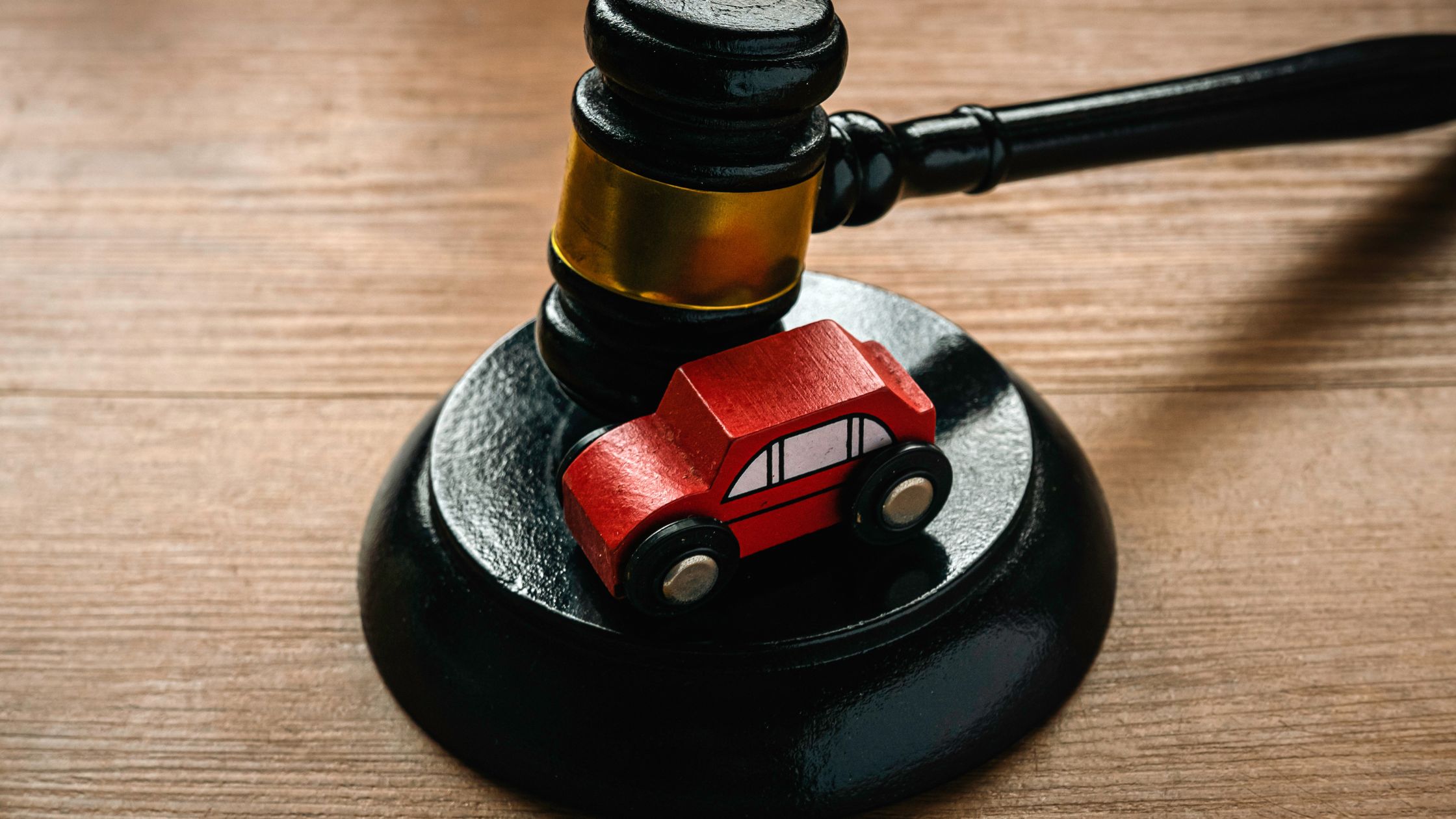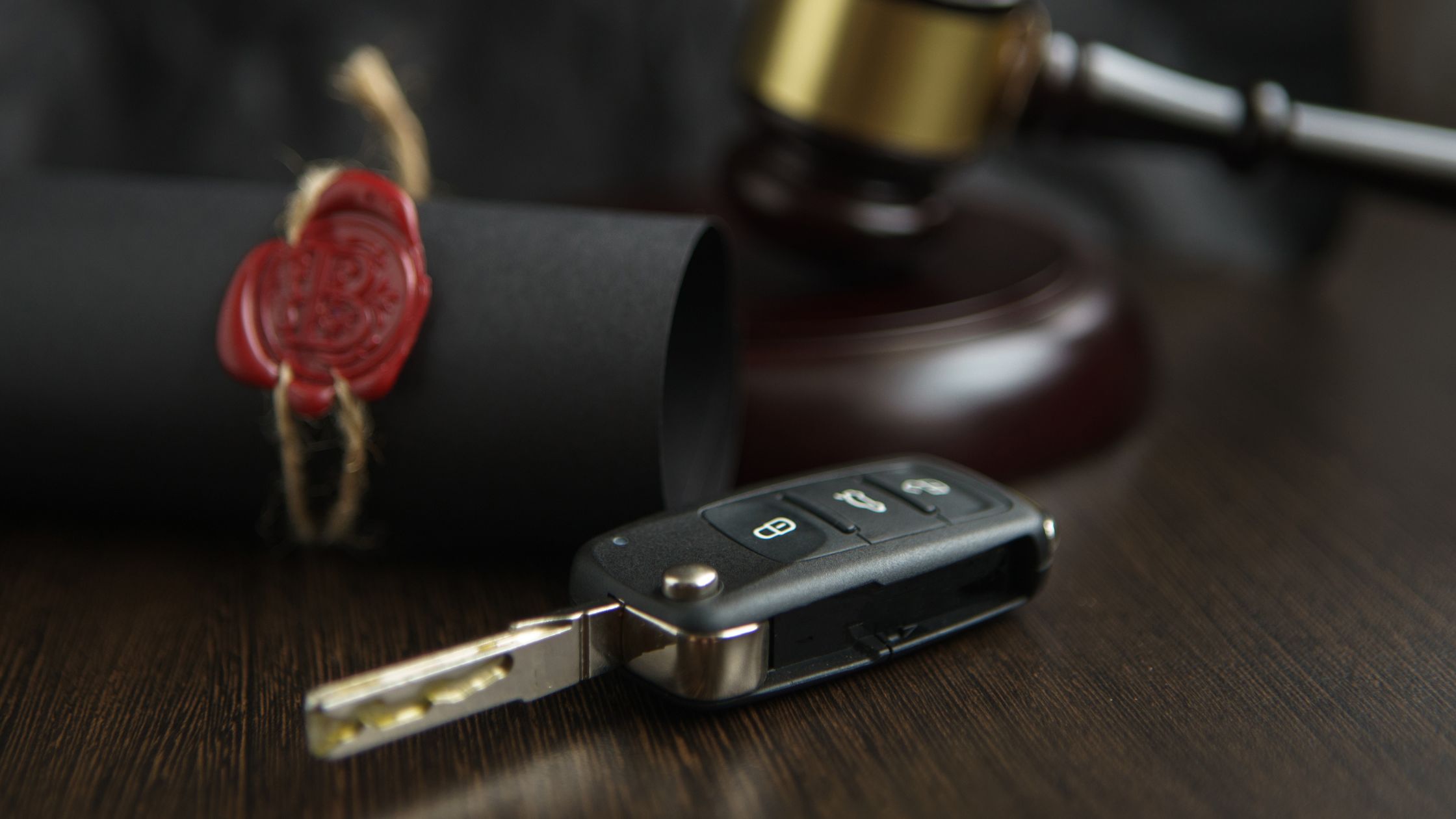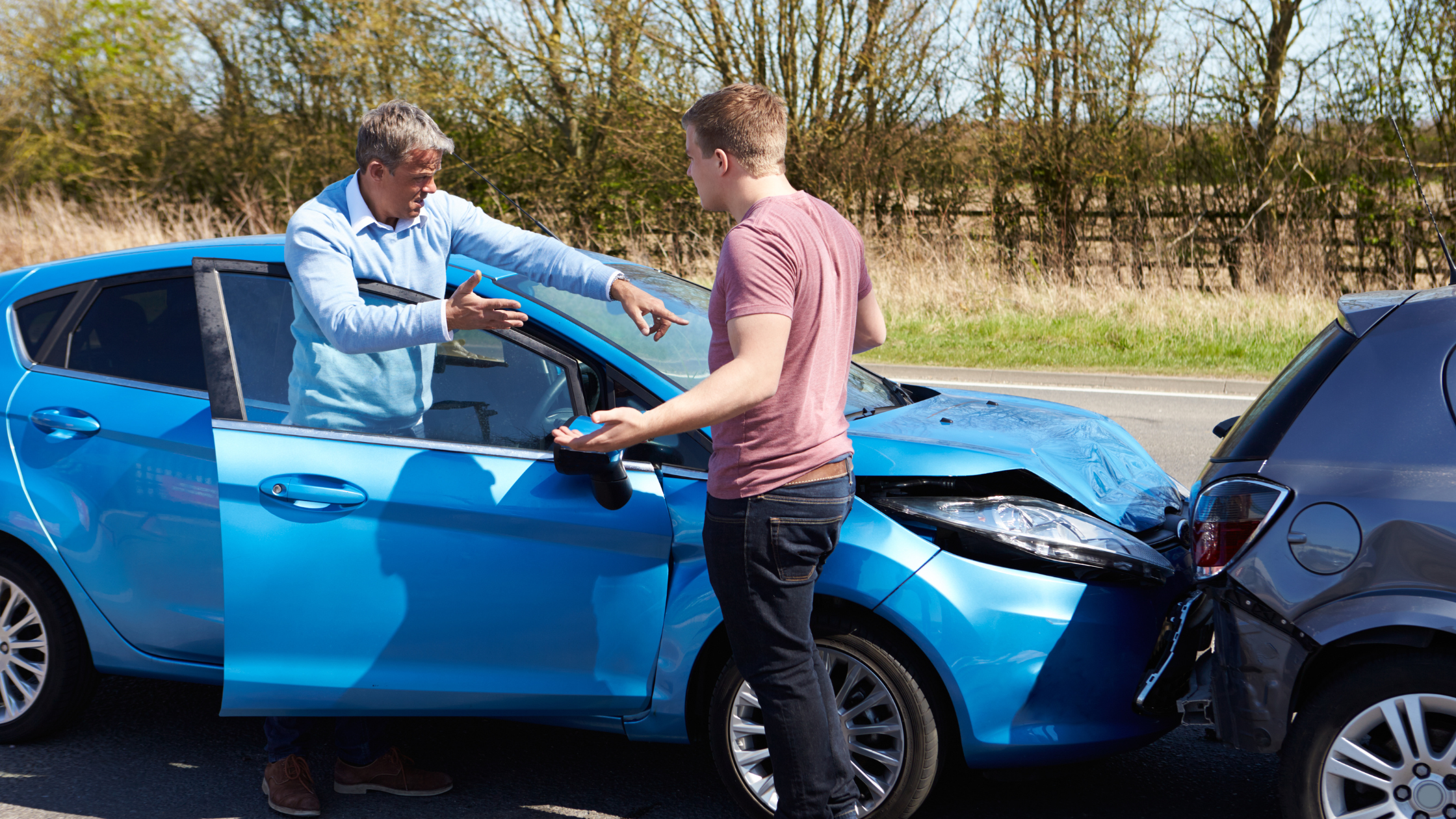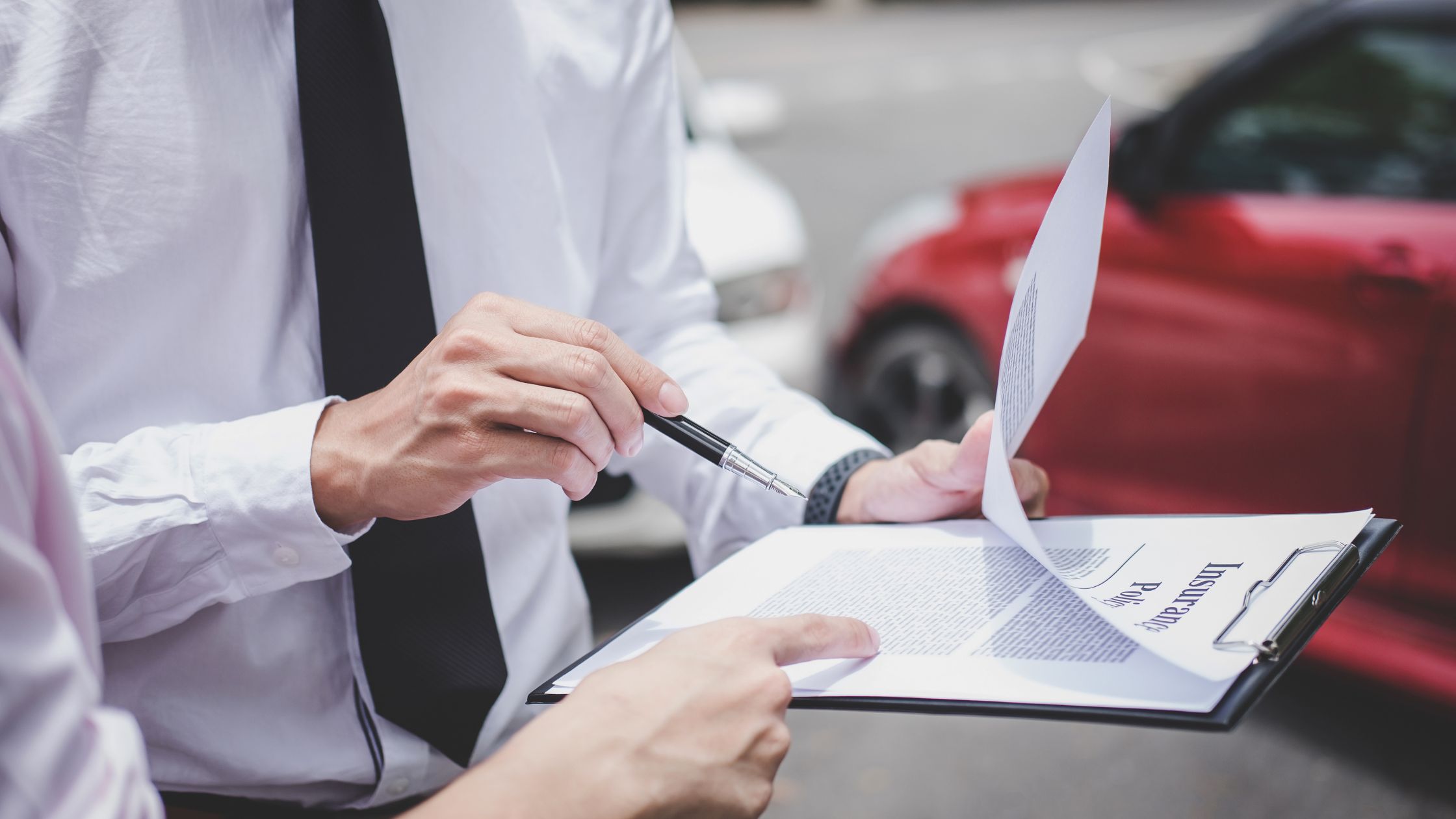Introduction:
Handling a car accident lawsuit can be a daunting and stressful experience for anyone involved. Whether you’re the plaintiff seeking compensation or the defendant defending against claims, navigating the legal complexities requires careful consideration and understanding of the process. From gathering evidence to dealing with insurance companies and possibly facing a trial, each step demands attention to detail and a strategic approach. This introduction explores key aspects of managing a car accident lawsuit, offering insights into what to expect and how to effectively navigate this challenging legal terrain. Understanding your rights, obligations, and legal procedures is crucial to achieving a fair and just resolution.
Car Accident Lawsuit: A Comprehensive Guide
Car accidents can be terrifying and leave you feeling overwhelmed. If you’ve been injured in one, this guide will equip you with the knowledge to navigate the legal process of a car accident lawsuit and understand your rights.
What Happens After a Car Accident?
Seeking Medical Attention: Your top priority should be seeking medical attention. Even if your injuries seem minor, a doctor’s evaluation is crucial. This creates a medical record documenting your injuries and ensures you receive proper treatment.
Reporting the Accident: File a report with your insurance company. They will assess your claim and determine your eligibility for benefits. Avoid speaking directly with the other driver’s insurance company, as they might seek information that could weaken your case. If they contact you, politely refer them to your attorney.
Gathering Evidence to Support Your Case
Police Report: A detailed report from the responding officers documenting the accident scene, witness statements, and any citations issued.
Medical Records: All medical records related to the accident, including doctor visits, diagnoses, treatment plans, and bills.
Witness Statements: Written statements from individuals who witnessed the accident, providing their perspective on how the events unfolded.
Photographs: Photos of the accident scene, your injuries, and any vehicle damage can visually document the extent of the accident.
Other Evidence: Depending on the case, additional evidence might include repair estimates, lost wage documentation, or traffic camera footage.
Negotiating a Settlement with the Insurance Company
Once you have gathered evidence, you can attempt to negotiate a settlement with the other driver’s insurance company. A settlement is an agreement where the insurance company offers you a specific sum to compensate for your injuries.
Negotiations can be complex. An experienced car accident attorney can significantly increase your chances of securing a fair settlement that reflects the severity of your injuries and damages.
Going to Court if Necessary
If negotiations fail to reach a satisfactory settlement, filing a lawsuit in court is necessary. This process can be lengthy and expensive. Before making this decision, consulting with a car accident attorney is crucial to understand the potential implications and weigh your options carefully.
Common Myths Debunked
- Myth: You don’t need a lawyer for a car accident lawsuit.
Reality: While having an attorney isn’t mandatory, their expertise can be invaluable. They can guide you through the legal process, gather evidence, negotiate with insurance companies, and represent you in court if necessary.
- Myth: Fitting a car accident lawsuit requires a strict time limit.
Reality: While time limits vary by state (find yours at https://www.usa.gov/laws-and-regulations), it is generally advisable to file your lawsuit as soon as possible after the accident. This ensures evidence is preserved and witness memories are fresh.
- Myth: Car accident lawsuits are expensive.
Reality: Many car accident attorneys work on a contingency fee basis. This means they only get paid if you win your case. Their fee is typically a percentage of your settlement or court award.
Important Considerations
- Shared Fault: Some states have comparative negligence laws. This means the compensation you receive may be reduced based on the percentage of fault attributed to you in the accident.
- Property Damage: Your car accident lawsuit can also recover compensation for property damage, such as repairs to your vehicle.
Conclusion
Understanding the car accident lawsuit process is crucial for securing fair compensation and protecting your rights. From immediate actions at the accident scene to the final steps of a lawsuit, each phase requires careful attention and often professional legal assistance. Hiring a lawyer can improve your chances of a favorable outcome by expertly handling evidence, negotiations, and courtroom procedures.
Car accident lawsuits can be complex, but understanding the process empowers you to make informed decisions. If you’ve been injured in a car accident, remember:
- Seek medical attention immediately.
- Report the accident to your insurance company.
- Gather evidence to support your claim.
- Consult a car accident attorney to protect your rights and maximize your compensation.
Frequently Asked Questions (FAQs)
1. How much compensation can I expect from a car accident lawsuit?
The compensation amount varies depending on the severity of your injuries, lost wages, medical bills, property damage, and pain and suffering. An attorney can help estimate your potential compensation based on the specific details of your case.
2. What if the other driver has no insurance?
If the at-fault driver has no insurance, you can recover compensation under uninsured/underinsured motorist coverage (UM/UIM). Consulting with an attorney can help you determine your options in such scenarios.
3. How long does a car accident lawsuit typically take?
The duration can vary significantly depending on the complexity of the case, settlement negotiations, and potential court proceedings. An attorney can provide a more accurate estimate based on your specific situation.
4. What are some common causes of car accidents?
Car accidents can be caused by various factors, including:
- Distracted Driving: Texting, talking on the phone (even hands-free), eating, or adjusting the radio are all distractions that can take your eyes off the road and lead to an accident.
- Driving Under the Influence (DUI): Driving while intoxicated by alcohol or drugs significantly impairs your judgment, reaction time, and coordination, increasing the risk of accidents.
- Reckless Driving: Speeding, tailgating, running red lights, or ignoring traffic signals are all examples of careless driving that can cause serious accidents.
- Drowsy Driving: Driving while fatigued can be just as dangerous as driving under the influence. If you feel drowsy, pull over and take a nap before continuing your journey.
- Poor Weather Conditions: Rain, snow, fog, or icy roads can decrease visibility and make driving more challenging. Adjust your speed and driving behavior accordingly.
- Vehicle Malfunctions: Brake failure, tire blowouts, or other mechanical problems can lead to sudden loss of control and accidents. It’s crucial to maintain your vehicle regularly.
5. What steps should I take if I witness a car accident?
If you witness a car accident, here’s what you can do:
- Check for Injuries: Ensure everyone involved in the accident is safe. Call 911 immediately if anyone appears injured.
- Secure the Scene: If possible, turn on your hazard lights and direct traffic away from the scene to help prevent further accidents.
- Gather Information: If safe, exchange contact information with the drivers involved and any other witnesses. Note down details like license plate numbers, car descriptions, and the time and location of the accident.
- Report the Accident: If no police officers arrive at the scene, you can usually file a witness report with the local police department.
6. Can I file a car accident lawsuit if I share some fault for the accident?
You can still file a lawsuit in some states with comparative negligence laws. These laws assign a percentage of fault to each party involved in the accident. Your compensation will be reduced based on the rate of fault attributed to you. For example, if you are found to be 20% at fault, your compensation award might be reduced by 20%.
7. What damages can I recover in a car accident lawsuit?
Car accident lawsuits can recover compensation for various damages, including:
- Medical Expenses: This covers all past and future medical costs associated with your injuries, including doctor visits, hospital stays, medications, and rehabilitation.
- Lost Wages: If your injuries prevent you from working or limit your earning capacity, you can recover compensation for lost wages and future lost income potential.
- Pain and Suffering: This includes compensation for physical pain, emotional distress, and mental anguish caused by your injuries.
- Property Damage: The cost of repairing or replacing your damaged vehicle.
- Loss of Consortium: In some cases, spouses of injured individuals can recover compensation for loss of companionship or intimacy due to the accident.
8. What should I do if the insurance company denies my claim?
If the insurance company denies your claim, don’t give up. Here are some steps you can take:
- Review the Denial: Carefully examine the reason for denial provided by the insurance company.
- Gather Additional Evidence: If you have additional evidence to support your claim, submit it to the insurance company for reconsideration.
- Negotiate: You may be able to negotiate a settlement with the insurance company even if they initially denied your claim.
- Consult an Attorney: An experienced car accident attorney can advise you on your legal options and help you appeal the denial or file a lawsuit.
9. How can I find a qualified car accident attorney?
There are several ways to find a qualified car accident attorney:
- Ask for Referrals: Talk to friends, family, or colleagues involved in car accidents and see if they can recommend an attorney.
- Search Online Directories: Several online directories list car accident attorneys in your area. You can search for attorneys based on location, experience, and practice areas.
- Contact your State Bar Association: Your state bar association can provide a list of attorneys in your area who specialize in personal injury law.
10. What should I look for when choosing a car accident attorney?
When choosing a car accident attorney, consider the following factors:
- Experience: Choose an attorney with experience handling car accident lawsuits.
- Track Record: Look for an attorney with a successful track
For more detailed information, visit Reiner, Slaughter & Frankel.
Related Links:
Table of Contents
- 1 Car Accident Lawsuit: A Comprehensive Guide
- 2 What Happens After a Car Accident?
- 3 Gathering Evidence to Support Your Case
- 4 Negotiating a Settlement with the Insurance Company
- 5 Going to Court if Necessary
- 6 Common Myths Debunked
- 7 Important Considerations
- 8 Conclusion
- 9 Frequently Asked Questions (FAQs)










